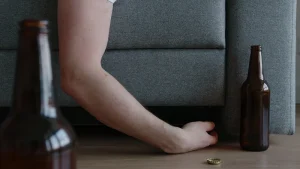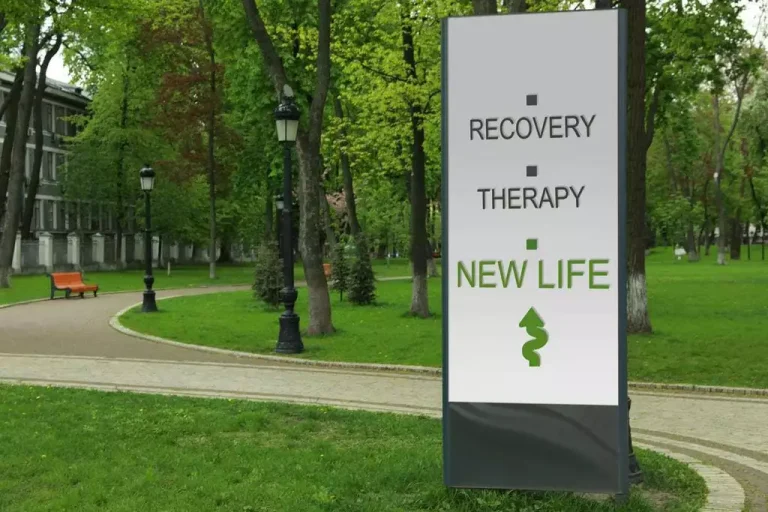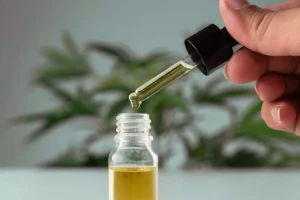What Does Alcohol Do to Your Body?

It’s also involved in four out of 10 fatal falls and traffic crashes, as well as suicides. Even cutting back your drinking by a third can lower the number of injuries and sick days. Behavioral therapies can help those struggling with alcohol abuse focus on avoiding old patterns and identify the root causes of addiction. Alcohol (ethanol) depresses (slows down) your central nervous system (CNS).
What are moderate to severe alcohol withdrawal symptoms?
It’s based on several factors, including how long, how much, and how regularly you have been drinking alcohol. Not all people progress through all of the stages of alcohol alcohol detox side effects withdrawal. The symptoms of alcohol withdrawal relate proportionately to the level of alcohol intake and the duration of the person’s recent drinking habit.

Alcohol Withdrawal

When that person cuts out alcohol, there is a period when their brain hasn’t yet received the message and still overproduces the stimulating chemicals. With alcohol out of the equation, though, these chemicals cause withdrawal symptoms. Over time, however, the body builds a tolerance to alcohol, and a person may have to drink more and more to get the same feeling. Meanwhile, the brain is producing more and more neurotransmitters, making a person further imbalanced. Don’t drive a car or operate heavy machinery until you know how Sabril affects you.
Understanding Alcohol Withdrawal

Submit your number to receive a call today from a treatment provider. As you approach the end of the first 24 hours of detox, symptoms may become increasingly severe. Alongside the effects felt from the first 12 hours, additional symptoms may involve disorientation, hand tremors and seizures.
What Causes Alcohol Withdrawal Symptoms?
- With alcohol out of the equation, though, these chemicals cause withdrawal symptoms.
- After a certain point of heavy drinking, your body—specifically your brain and central nervous system—become used to having alcohol in your system.
- Mild withdrawal symptoms often begin within 6 to 12 hours after your last drink.
- People who are daily or heavy drinkers may need medical support to quit.
It’s possible to develop a better relationship with alcohol and make more mindful, informed choices about drinking without total sobriety. Reach https://ecosoberhouse.com/ out to a treatment provider for free today for immediate assistance. In some people, the initial reaction may feel like an increase in energy.

Complications
- Similarly, seizures and DT’s may be confused with other conditions that should be excluded during initial assessment.
- Oftentimes, the longevity and severity of your alcohol use disorder (AUD) will play a role in the withdrawal symptoms you experience.
- They may be more noticeable when you wake up with less alcohol in your blood.
- If you’re prescribed a medication from this class of drugs talk with your doctor about the risks before taking them and always follow the doctor’s instructions.
- It also works to reduce alcohol cravings; however, it will not produce an unwanted effect if alcohol is consumed.
